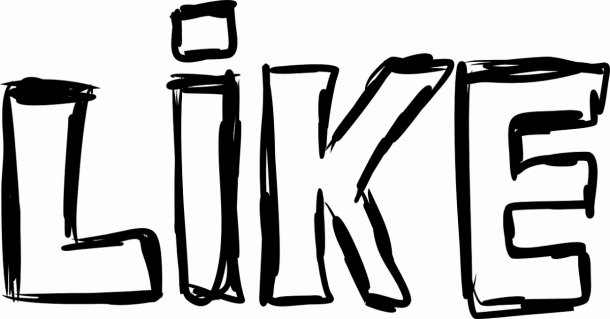
2016’s US presidential election could be the first Instagram election, says the Washington Post.The New York Times suggest the Indian general election last year was the first Google+ election, though according to Buzzfeed it was a Facebook election. Barack Obama’s 2008 presidential election victory is widely noted as the first Facebook election,but by 2012 his re-election was dubbed the Twitter election. What about this year’s UK general election. Will it be Reddit what won it? Or will Menshn make an unlikely comeback?
There is no doubt that social media has changed the way in which politics plays out. The news cycle is now real-time with gaffes, announcements, and failures played to a hard-core political class that in turn relays their narrative to a narrowing base of party activists. We know that social media is influential but can it actually win a political party an election?
The answer it seems is no. Analysis by the LSE’s American Politics and Policy school suggests that for all the hype, Facebook had little real impact on the 2008 US presidential election. In fact, more active Facebook users who had more connections and belonged to more Facebook groups tended to be less politically active than the population at large.
Social media has arguably made us more visibly political but less actively so. Around a third of young American adults will post their views on political issues on social media and 35 per cent have encouraged others to go and vote. Amidst much doom-mongering, turnout in the 2012 presidential election once again rose from a low of 49 per cent in 1996 to 55 per cent in 2012 (it is worth pointing out turnout was only 49 per cent in both 1920 and 1924). Turnout in primaries also seems to have risen. Yet, while turnout is higher and young people are more visibly political - social media may in fact be holding back more sustained political engagement.
Belarusian writer Evgeny Morozov, the Eeyore of modern web politics, identified the phenomenon known as slacktivism, describing it as: “feel-good online activism that has zero political or social impact. It gives those who participate in ‘slacktivist’ campaigns an illusion of having a meaningful impact on the world without demanding anything more than joining a Facebook group.”
I share therefore I am. A tweet may express your anger at NHS reform, but is highly unlikely to be able to stop it. Ethan Zuckerman, the founder of Global Voices, has gone further in identifying the new ways in which citizens engage with the body politic.
Slacktivism sits at the top-left, it is thin (it is easy to do) and symbolic. Voting is thin (it is easy to do) and impactful, so top-right.
Zuckerman argues the Occupy movement was bottom-left, thick and symbolic (highly participatory, not particularly impactful - if you haven’t already you have to read Thomas Frank’s article on the movement in The Baffler). Harder, more impactful activities - joining and participating in the campaign to ban landmines or becoming a local councillor fit squarely in the bottom-right.
Can we not do all these things? No argues Morozov. Social media activism is likely to be replacing actual political engagement.
“The real issue here is whether the mere availability of the ‘slacktivist’ option is likely to push those who in the past might have confronted the regime in person with demonstrations, leaflets, and labor organizing to embrace the Facebook option and join a gazillion online issue groups instead."
Which brings us to a tough truism - the very people who wield power in our society are the demographic least likely to be on social media. Ninety per cent of people aged 18-24 are on Facebook, whereas only 37 pr cent of the over 65s are. However, the average age of a councillor is 61 with only 0.6 per cent of all councillors under 25. MPs are on average 50 years old, Peers are on average 70 years old. You can share all you like but is anyone paying attention?
More concerning still is the demographic of those who select our MPs: the members of political parties. According to the Conservative Campaign for Democracy, the average age of a Conservative party member is 68. These are the people who have chosen the largest group of MPs who comprise our government. The Conservative party has 327,875 likes on Facebook, Labour has 206,321 likes. Yet in the post-war period, the Conservative party had 2.8 million paying members (1953) while Labour had 1 million. MPs were genuinely selected by a broad group of voters.
Liking a political party on Facebook doesn’t allow you to choose its leader, or the MPs it sends to parliament. Slacktivism may be stopping us from meaningful engagement with politics. We could be forgetting how to wield power.
Social media may have a powerful role in persuading people to go and vote and, potentially, in a close election it may play enough of a role to actually swing an election towards a certain party. The limits of social media are also clear: it doesn’t select candidates, it doesn’t decide who will be the next Prime Minister and it doesn’t have the power to deselect MPs. For all the talk of this being a social media election, 2015 is likely to bring us a general election decided by a narrow group of less of 1 per cent of the population: members of political party. No matter how much you tweet #CameronMustGo they aren’t likely to see it, nor care. We’re still waiting for social media to open up our closed political system.